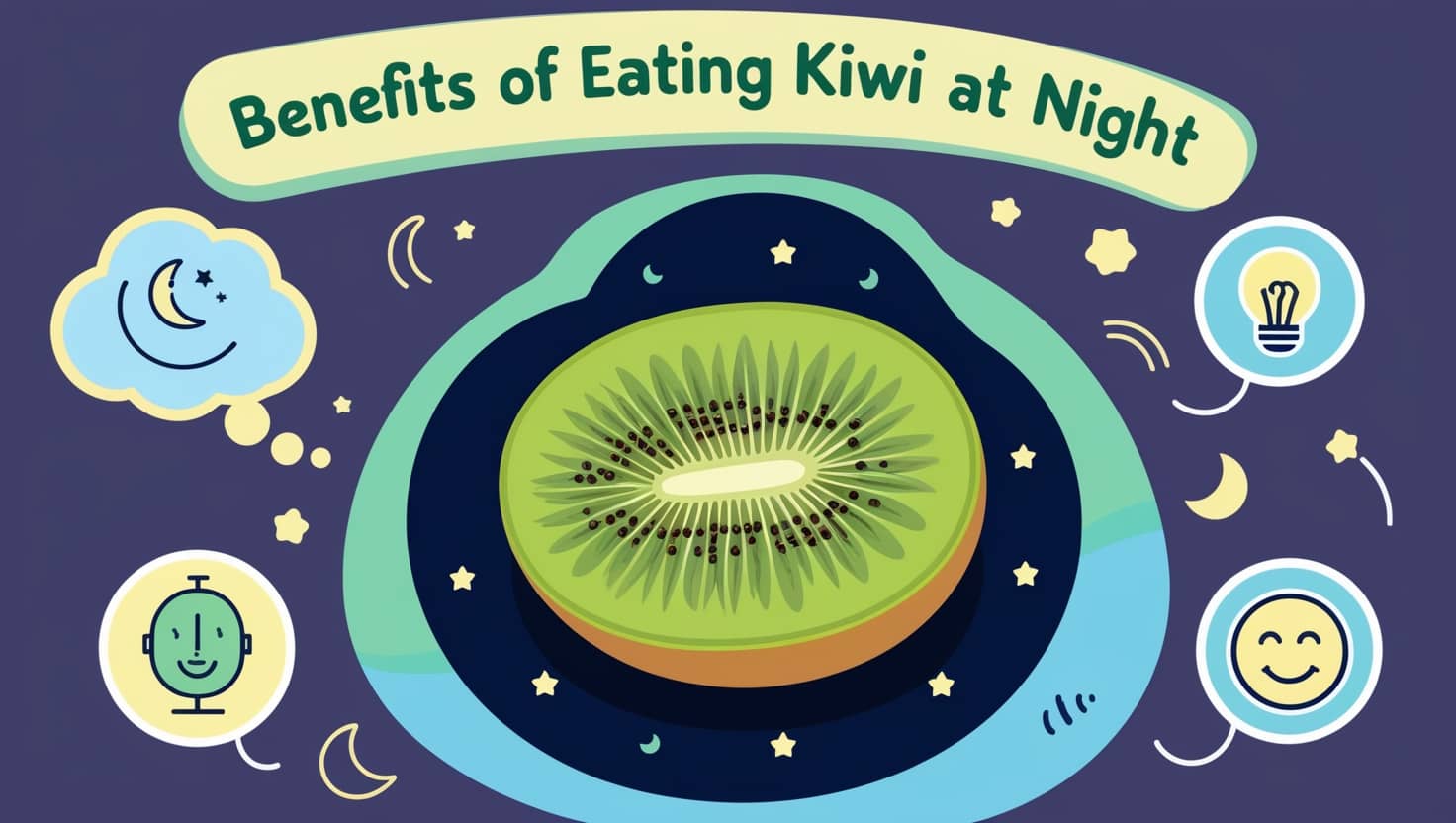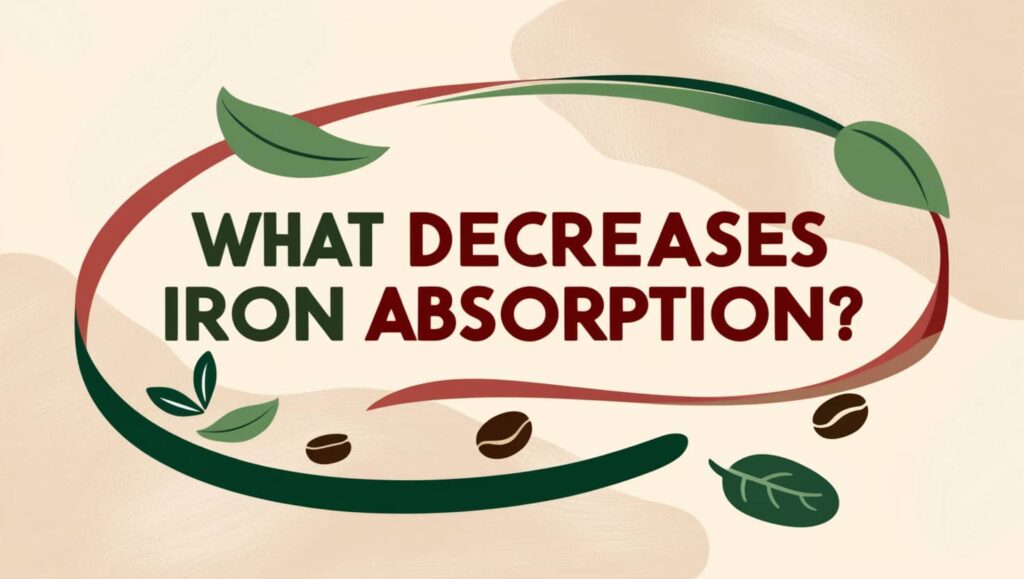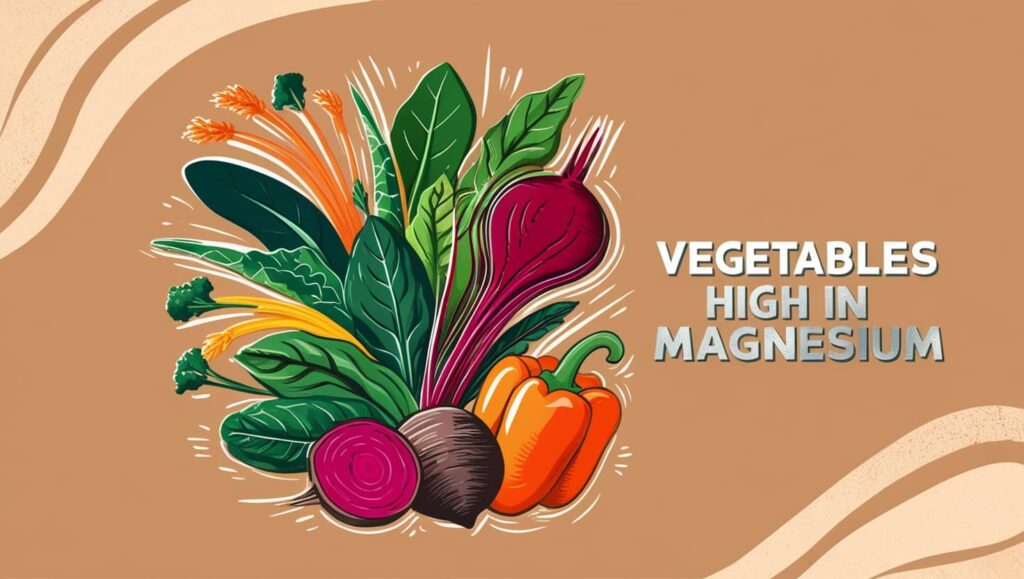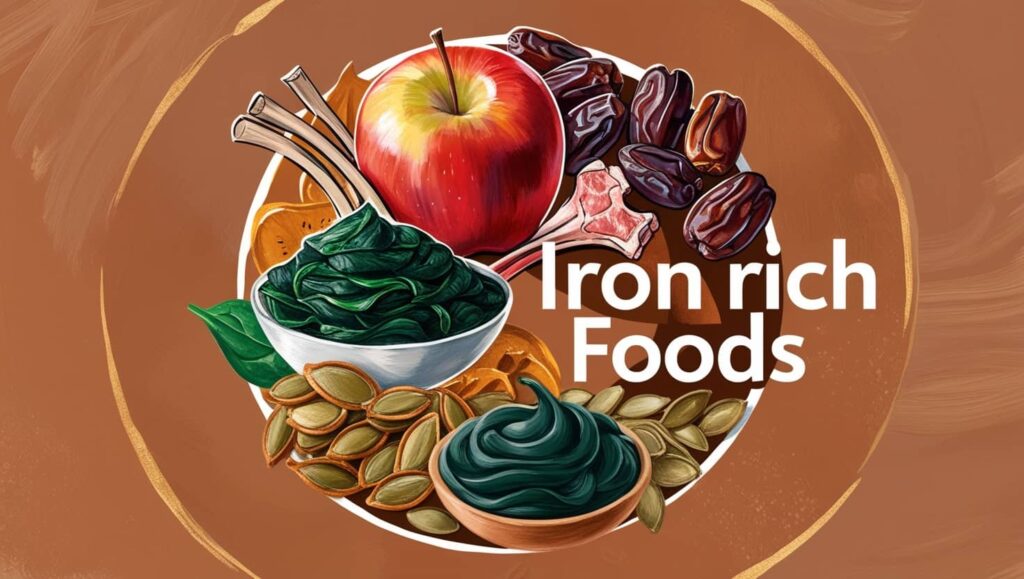Kiwi is a nutrient-rich fruit that can offer a range of health benefits to the body.
The benefits of eating kiwi at night are due to its high concentration of melatonin and serotonin, which work to regulate the sleep cycle, making it a particularly valuable snack at night.
These compounds promote healthy brain function and contribute to better sleep quality, including faster sleep onset, fewer nighttime awakenings, and deeper, more restful sleep.
Serotonin also plays a role in regulating mood. Melatonin is essential for establishing healthy sleep-wake cycles.
In addition, kiwi is rich in antioxidants that help protect cells and tissues and promote overall health.
Experts often recommend eating two kiwis before bed to maximize these sleep-promoting effects and promote a restful, restful night’s sleep.
Benefits of Eating Kiwi Before Bed
The benefits of Eating Kiwi at Night are due to its content of the following nutrients:
- Melatonin: One gram of kiwi contains 16 micrograms of the hormone melatonin, which plays a role in regulating the sleep rhythm and biological clock. (Doherty, n.d.)
- Serotonin: It is a neurotransmitter responsible for the quality of sleep. Kiwi is a good source of serotonin, which regulates sleep and improves its onset, duration and efficiency.
- Actinidin: It is an enzyme that helps digest protein, which helps prevent indigestion and bloating, both of which disrupt sleep.
- Antioxidants: Which protect cells from damage and promote overall health.
- Vitamins and minerals: Kiwi is rich in an important group of vitamins and minerals such as vitamin C, vitamin E, potassium and fiber, all of which are important for maintaining good health.
Why Kiwi Supports Better Sleep and Overall Wellness
Eating kiwi before bed can increase total sleep time, regulate the sleep cycle, and reduce the time it takes to fall asleep.
This is due to the fact that kiwi contains nutrients and active compounds that can be described as follows:
- Serotonin content: Kiwi contains a large amount of serotonin, a neurotransmitter that plays a role in promoting sleepiness and relaxation, which may help you fall asleep faster.
- Melatonin: A hormone produced by the pineal gland, it regulates the biological clock and gives you a restful sleep.
- Antioxidant: The high vitamin C content in kiwi acts as an antioxidant, contributing to improving sleep quality by reducing inflammation and supporting overall health.
Other potential benefits of eating kiwi:
- Boosting the immune system: The high vitamin C content helps strengthen the immune system and protects the body from infectious diseases.
- Improving mood: The combination of nutrients found in kiwi may contribute to improving mood and well-being.
- Improving digestive health: This is due to its richness in fiber, which improves bowel movements, prevents constipation, and enhances the growth of probiotics. (Bayer, 2022)
Also Read: How to Use Garlic for Inflammation?
Best Ways to Include Kiwi in Your Nightly Routine
To get the benefits of eating kiwi at night, you can include kiwi in your diet in simple and delicious ways through the following:
- Eat two kiwis: Eating two fresh kiwis before bed enhances your sleep and improves your body’s well-being.
- Kiwi and cottage cheese: Mix kiwi slices with cottage cheese for the most delicious protein-rich snack before bed.
- Kiwi soaked water: Add kiwi slices to a cup of water for a refreshing and hydrating drink that can be consumed throughout the day.
- Kiwi juice: Mix kiwi with fresh spinach, banana and a little almond milk for a relaxing drink before bed.
- Kiwi yogurt: For the most delicious snack, add kiwi slices to a cup of plain yogurt and add a handful of granola.
- Kiwi bread with honey: Place mashed kiwi and a little honey on a slice of whole wheat bread.
References
- Bayer, S. B. (2022). PubMed. Retrieved from Habitual Green Kiwifruit Consumption Is Associated with a Reduction in Upper Gastrointestinal Symptoms
- Doherty, R. (n.d.). PubMed. Retrieved from The Impact of Kiwifruit Consumption on the Sleep and Recovery of Elite Athletes








